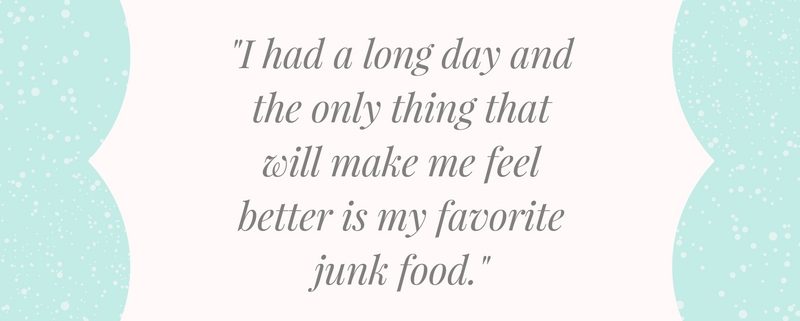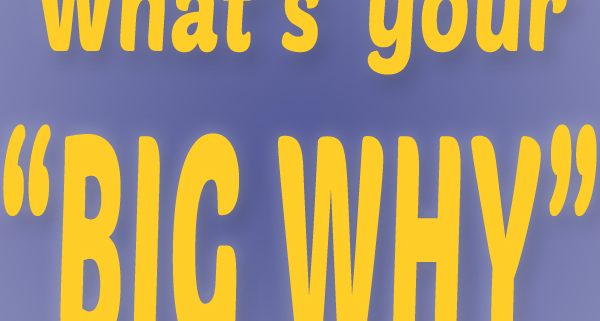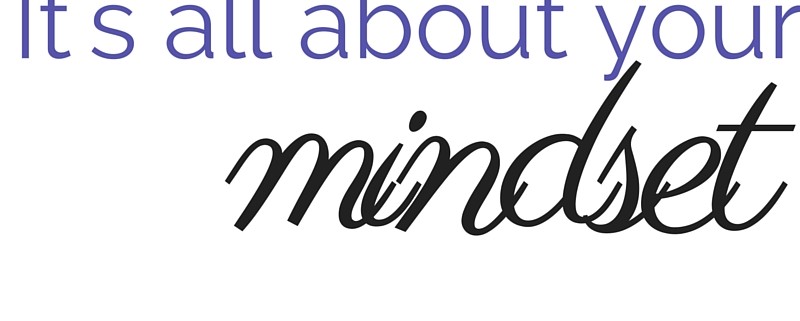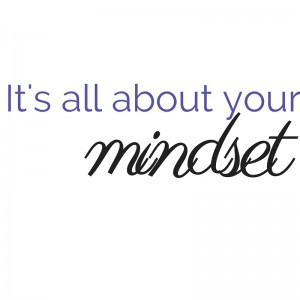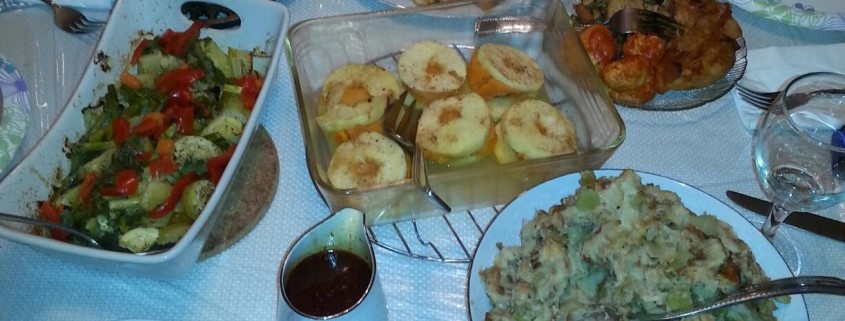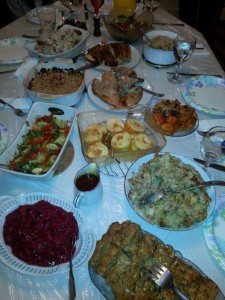How to Prevent Rebound Eating
 How many times have you done this: You want to look good for an event on the weekend so you spend the next week or 2 restricting your food and calories thinking you’ll shed 10 pounds by the weekend? And when that event is over you make up for lost time by indulging in all the foods that you were deprived of on that “diet” you were on? This is called rebound or binge eating. It is a vicious cycle that can lead to disordered eating patterns.
How many times have you done this: You want to look good for an event on the weekend so you spend the next week or 2 restricting your food and calories thinking you’ll shed 10 pounds by the weekend? And when that event is over you make up for lost time by indulging in all the foods that you were deprived of on that “diet” you were on? This is called rebound or binge eating. It is a vicious cycle that can lead to disordered eating patterns.
Depriving your body of the foods it wants over time can really take a toll on your body and mind. It can lead to cravings so bad that when you do finally allow yourself to eat what you want you could spiral out of control and end up bingeing on it. Then to compensate you might go back to restricting or trying to “work it off” at the gym which will only continue the cycle.
By incorporating intuitive eating into your life, you can break this cycle. Eat the foods you want when you want. But be mindful. If you want chocolate cake, have some cake. Don’t have the whole cake but have enough until you are satisfied. Eating a slice of cake won’t set you back on your weight or health goals, but depriving yourself until that cake is all you can think of just might.
Before deciding what to eat ask yourself these questions:
What do I really want?
- You tell yourself you should get the salad when you’re out to dinner because it’s a healthy option, but you really want your favorite pasta dish. What should you do? You could get the salad and not be satisfied while watching your family enjoy their pasta. Or you can honor your preference and order the pasta. Consider asking for an appetizer portion or have the waiter bring half the portion and pack the other half to go. This way you can enjoy the pasta without the worry of overeating from the extra large portions restaurants usually give you.
Am I choosing the food because it’s what I should eat?
- Who’s to say what you should or should not eat? Only you are the owner of your body and your food choices! Don’t fall prey to the “good food” “bad food” list diets give you. Own your choices!
Am I emotionally eating or am I really hungry?
- If you’re craving a certain comfort food but you’re not actually hungry, this could be because you are feeding your emotions. Try to make yourself feel better by getting to the root of your emotions and find ways to fix them without food. Read more about this here.
Eating shouldn’t be an all or nothing sort of thing. If you give into your cravings once in a while you are not a failure. Extremes are easy, but finding balance within yourself and your eating is the hard part.
I know this isn’t easy. If you need help feel free to reach out to me here.


